An important public health issue worldwide is oral disease during and after pregnancy. Neglected oral hygiene and the hormonal changes during pregnancy increase risk to oral disease. Gingivitis affects nearly 60-75% of all pregnant women and if left untreated, periodontitis (permanent bone loss) ensues. Research shows that periodontitis can have adverse outcomes during pregnancy such as preeclampsia, low birth weight, or premature birth. Pregnancy can also lead to increased tooth decay for the mother due to acid exposure from vomiting or an increase in food cravings.
What factors during pregnancy contribute to a decline in oral health?
- Poor Oral Hygiene
- Uncontrolled gum disease
- Diet
- Current untreated tooth decay
- Increased vomiting
- Poor sleep
- Heartburn or acid reflux
What can be done to maintain good oral health during this vulnerable time?
- Thorough brushing and flossing nightly before bed
- Rinsing with water or a pH neutralizing mouth rinse, such as Clo-sys or baking soda/water after vomiting
- Snacking on protein-rich foods, or practicing good hygiene after snacks if carbohydrates are all that can be tolerated
- Seeing your dentist for a periodontal exam
